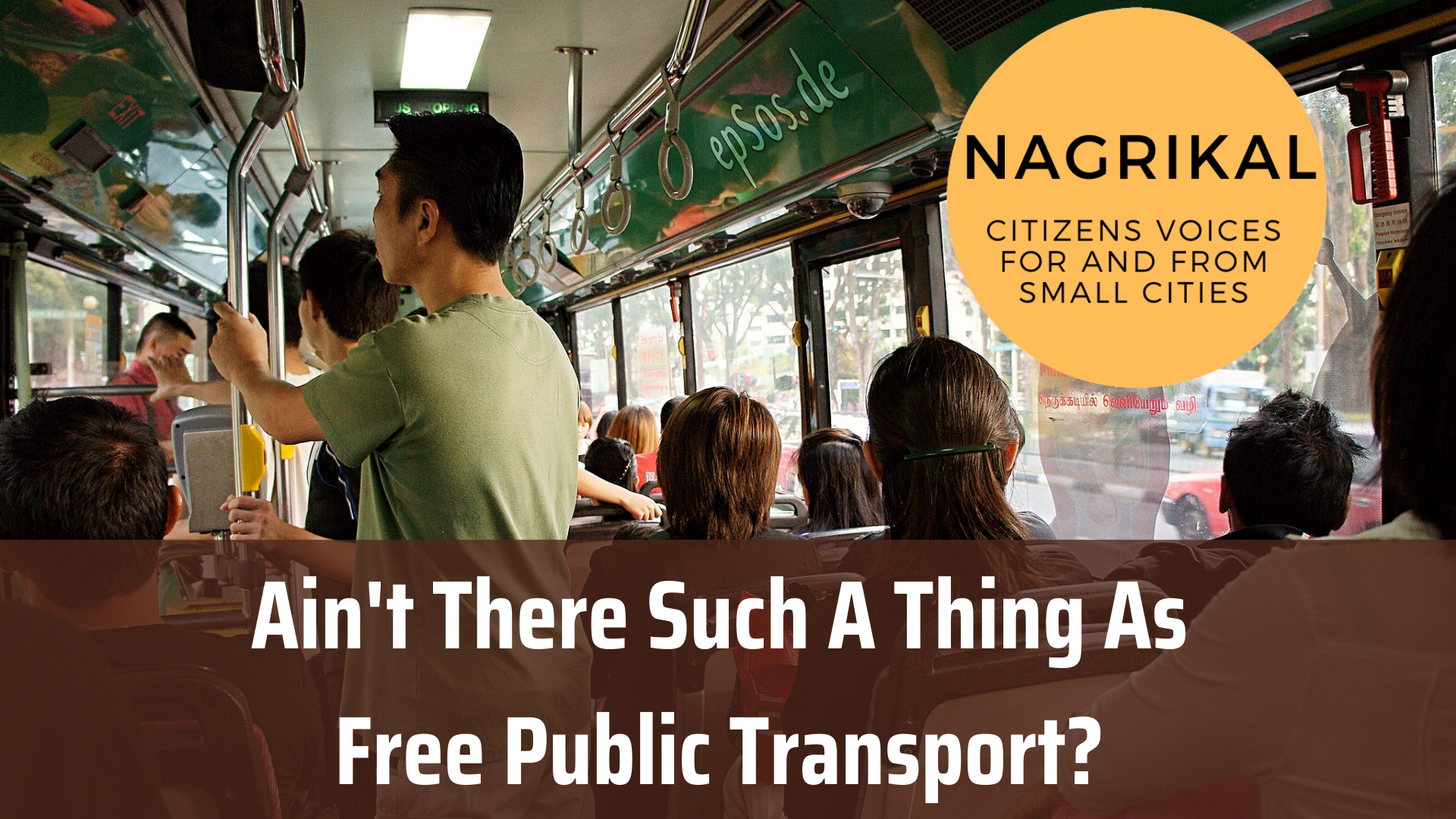Ain’t There Such A Thing As Free Public Transport?
/Many cities around the world, and now few states in India as well, have some form of fare-free schemes, also known as Fare Free Public Transport (FFPT). Fare free means that the riders do not have to pay the tariff for the ride. The eligibility of the rider getting access to Fare Free has been different in various situations. Such policies have been in practice for decades though most of them are concentrated in Europe. In 2013, Tallinn, Estonia became the first capital city to introduce FFPT for its citizens. Last year Luxembourg became the first country to do so. While the intention for such policies has been to reduce the private vehicles on roads, recent developments show an inclination towards equitable distribution of infrastructure as the primary reason. Michelle Wu, the newly elected mayor of Boston, on her first day in the office proposed to make three city bus lines free for two years to ‘strengthen racial equity and eliminate barriers to opportunity’.
Read More



